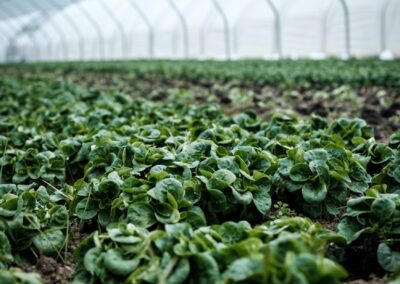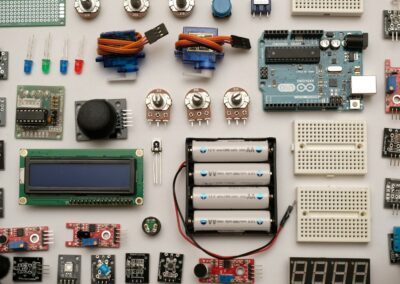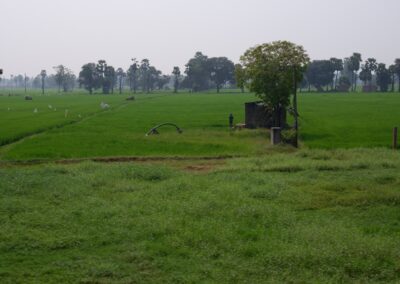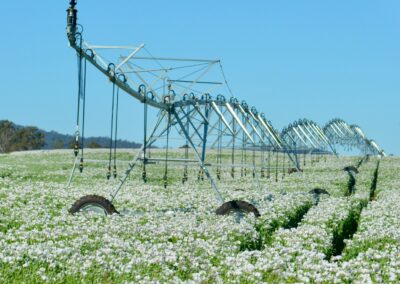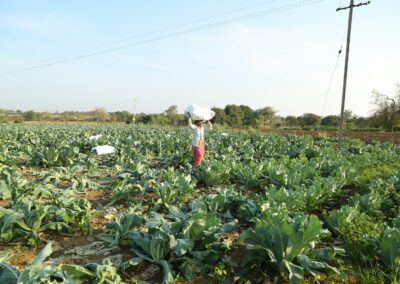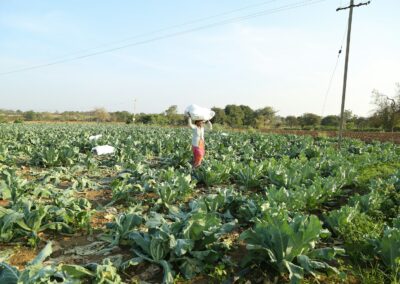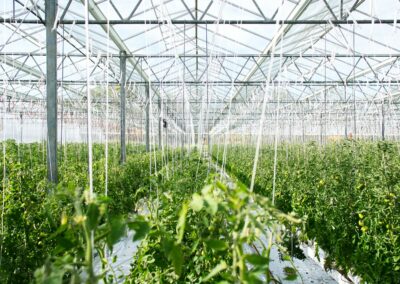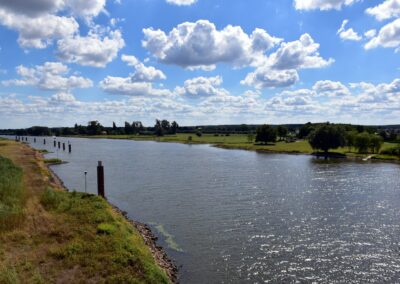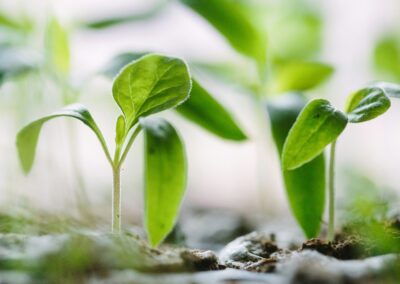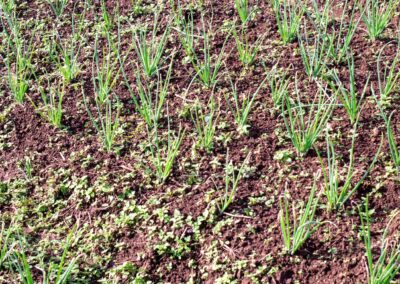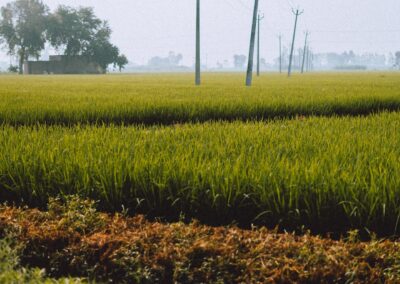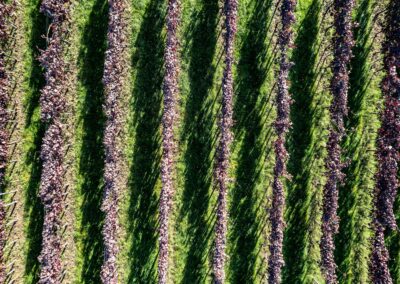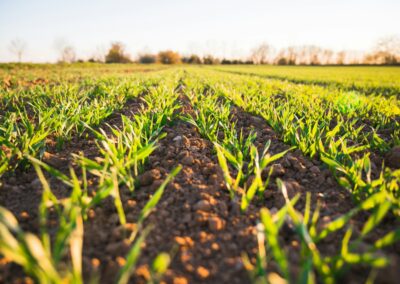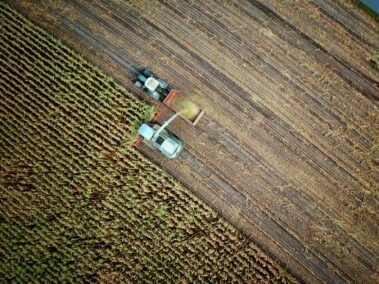How Integrating Weather Data and Soil Moisture Sensors in Smart Irrigation Systems Optimizes Water Use and Boosts Crop Yields
Optimizing Water Use with Smart Irrigation Systems
The integration of weather data and soil moisture sensors in smart irrigation systems represents a significant advancement in agricultural technology, particularly in water-scarce regions such as Saudi Arabia and the UAE. By harnessing these technologies, farmers can achieve remarkable efficiency in water use, ensuring that crops receive the precise amount of water they need without wastage. This optimization is critical for sustainable agriculture, especially in arid climates.
Smart irrigation systems equipped with weather data and soil moisture sensors continuously monitor environmental conditions and soil moisture levels. The collected data allows the system to make real-time adjustments to watering schedules, ensuring optimal water delivery. For instance, by analyzing weather forecasts, the system can anticipate rainfall and adjust irrigation accordingly, preventing unnecessary watering. This precision significantly reduces water consumption, making it an invaluable tool for regions like Riyadh and Dubai where water resources are limited.
Furthermore, these systems provide detailed insights into soil conditions, allowing for more informed decision-making. By understanding the specific moisture needs of different crops, farmers can tailor their irrigation practices to meet these requirements accurately. This targeted approach not only conserves water but also enhances the overall health and productivity of crops. The result is a more sustainable and efficient agricultural practice that benefits both the environment and the economy.
Improving Crop Yields with Data-Driven Irrigation
The integration of weather data and soil moisture sensors in smart irrigation systems plays a crucial role in improving crop yields. By providing precise and timely irrigation, these systems ensure that crops receive the optimal amount of water at each growth stage. This precision is essential for maximizing the potential of agricultural outputs, particularly in the challenging climates of Saudi Arabia and the UAE.
Smart irrigation systems use real-time data to monitor and adjust irrigation practices, ensuring that crops are neither overwatered nor underwatered. Overwatering can lead to root diseases and nutrient leaching, while underwatering can cause stress and reduced growth. By maintaining the ideal moisture levels, these systems promote healthy root development and optimal plant growth. The result is increased crop yields and better quality produce, which is vital for the food security and economic stability of regions like Riyadh and Dubai.
Additionally, the data collected by these systems provides valuable insights into the environmental conditions and crop needs. Farmers can use this information to refine their irrigation strategies further, enhancing efficiency and productivity. This data-driven approach enables continuous improvement, ensuring that agricultural practices remain sustainable and resilient in the face of changing climate conditions. The ability to adapt and optimize irrigation in real-time is a significant advantage that can lead to substantial improvements in crop yields.
Change Management and Executive Coaching in Technological Integration
The successful integration of weather data and soil moisture sensors in smart irrigation systems requires effective change management and executive coaching. Business executives and mid-level managers in the agricultural sector must be equipped with the necessary skills to oversee this technological transition. Through targeted executive coaching services, leaders can learn how to navigate the complexities of integrating advanced technologies into traditional farming practices.
Change management is crucial to addressing potential resistance and fostering a culture of innovation. By promoting the benefits of smart irrigation systems, organizations can encourage buy-in from all stakeholders. Effective communication strategies are essential in this process, enabling leaders to convey the advantages of integrating weather data and soil moisture sensors clearly and persuasively. This clear and authoritative communication is vital for securing support and ensuring smooth implementation.
Executive coaching can enhance leadership and management skills, preparing executives to make strategic decisions that drive business success. Understanding the intricacies of smart irrigation systems and their impact on water management and crop yields is vital for developing comprehensive plans that align with organizational goals. This strategic approach ensures that the adoption of advanced irrigation technologies leads to long-term sustainability and efficiency, benefiting both the environment and the agricultural sector.
#SmartIrrigation #WeatherData #SoilMoistureSensors #WaterConservation #CropYields #SaudiArabia #UAE #Riyadh #Dubai #ChangeManagement #ExecutiveCoaching #BusinessSuccess #ManagementConsulting #ArtificialIntelligence #Blockchain #Metaverse #LeadershipSkills #ProjectManagement


